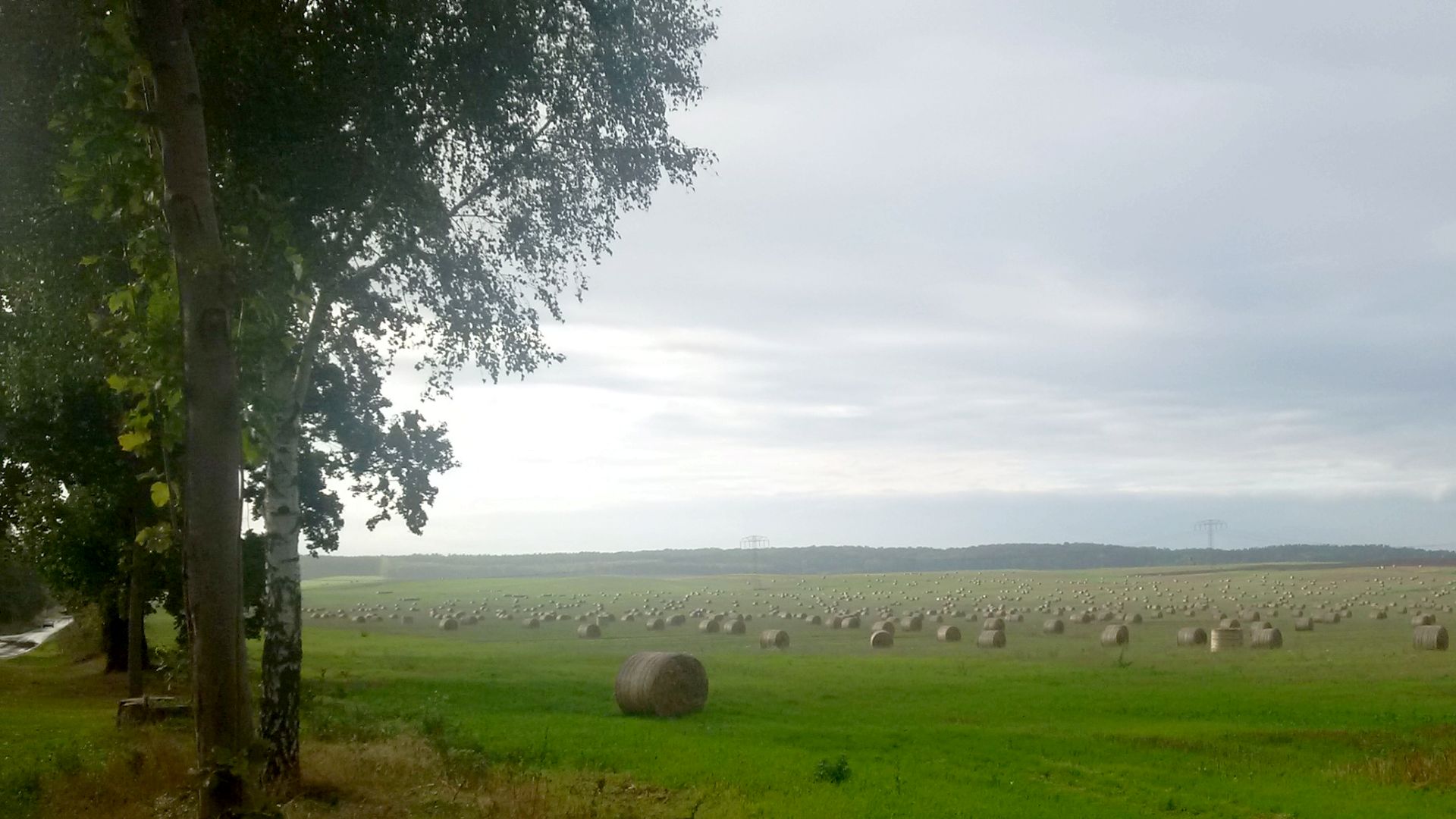Civic engagement is becoming increasingly important for sustainable urban development geared towards the common good. With their interest in liveable, everyday urban spaces, active citizens are driving forward sustainable, cooperative forms of building, living, consuming and working. In doing so, they contribute (at least implicitly) to the reduction of carbon dioxide emissions, environmentally friendly production processes and the protection of biodiversity. Although civic engagement is recognized as having great potential, it often remains disconnected from administrative processes: Both sides do not come together sufficiently in municipal governance, which reduces the impact of engagement.
This problem is addressed with the question of how the different, tense perspectives of active citizens and the administration can be better mediated within the framework of municipal governance, also with regard to the perspective of a socio-ecological transformation in the sense of the Sustainable Development Goals. Which intermediary structures promote mutual understanding and a trusting relationship?
The project builds on extensive research – including our own – into the opportunities and potential as well as the problems and challenges of civic engagement for participation in governance. On this basis, the existing engagement landscape will be researched with regard to the needs and conditions for success of engagement-promoting structures in the city of Dessau-Roßlau and, together with active citizens and the municipal administration, the effects of various intermediary structures will be tested and, if possible, consolidated in a real laboratory with various experiments.
To the project page of the Umweltbundesamt: Click here
